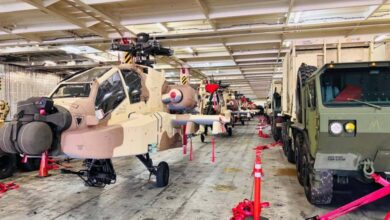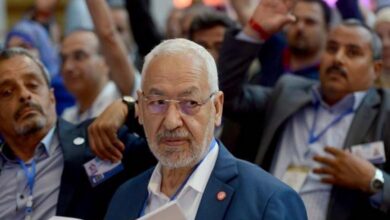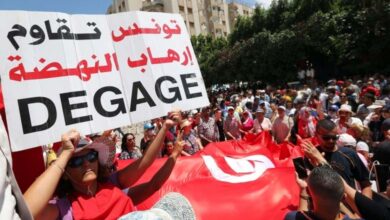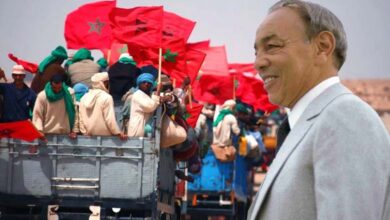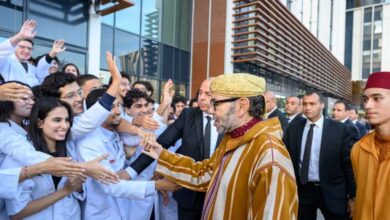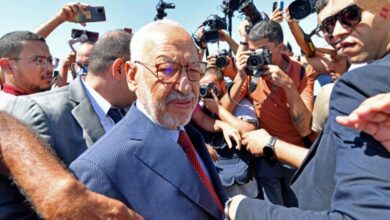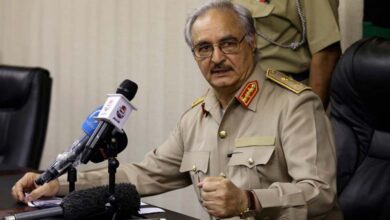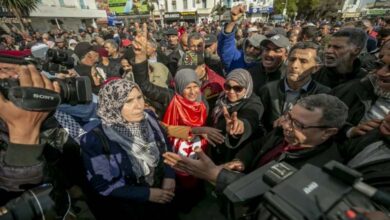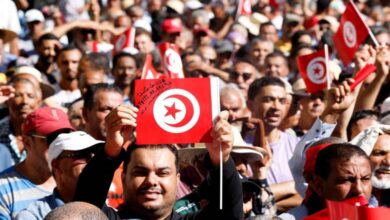Weapons and terrorism, Ennahdha resorts to the Egyptian Brotherhood scenario to return to political scene
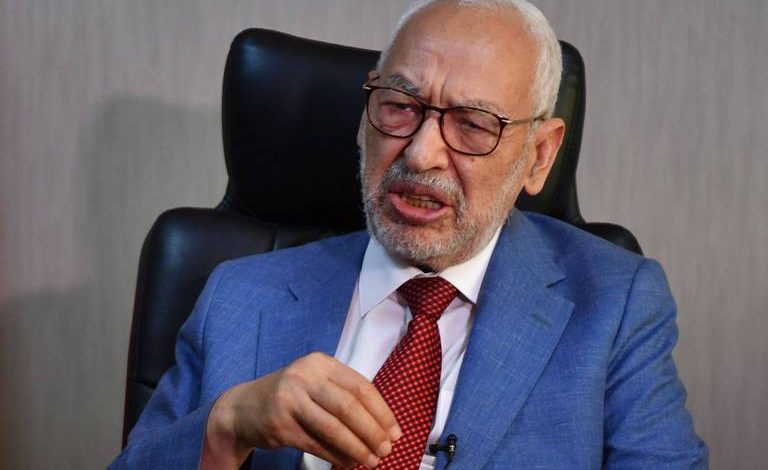
Despite the losses it has suffered one after another and the persistence of the Tunisian popular rejection of the Brotherhood’s presence in the Tunisian political arena, Ennahdha’s attempts to return to Tunisian political life continue.
The Brotherhood of Tunisia resorted to the terrorism card this time to restore the presence of the political arm of the group in the country, Ennahdha, in the political scene. The Tunisian Ministry of the Interior announced that the units of the counter-terrorism administration and the competent unit of the national guard, were able to seize an operation, the largest and largest, where a large quantity of war weapons and ammunition were seized in the city of Ben Gardane, where 11 Kalashnikov rifles, 14 magazines of ammunition and 400 7.62 caliber bullets were confiscated. It was confirmed that two people were involved in smuggling these weapons to terrorist organizations.
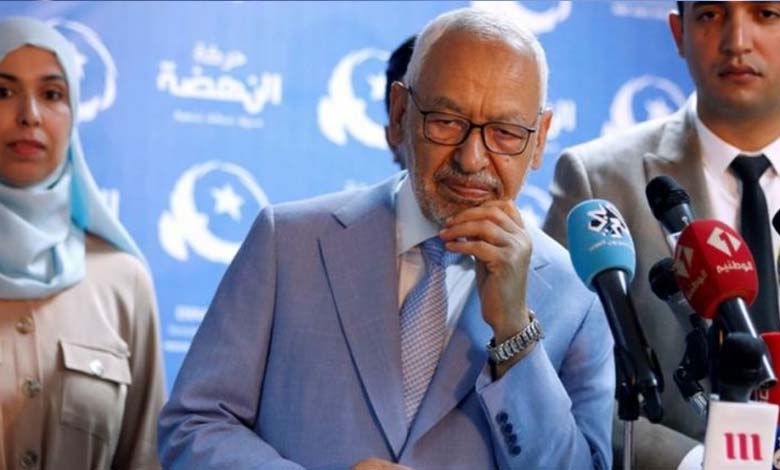
Ben Gardane is the closest point to the Libyan border. It is only 32 kilometers from the Ras Jedir border crossing, a key location for merchants and travelers from the two countries and a transit point from Libya.
This is not the first terrorist operation in Ben Gardane, but in 2016, ISIS extremists attacked the military and security barracks headquarters in the city, which borders Libya, killing 55 ISIS terrorists and killing 12 Tunisian troops and seven civilians.
Informed sources confirm that leaders close to Rached Ghannouchi, leader of the Tunisian Muslim Brotherhood, recently took responsibility for smuggling these weapons to Tunisia with the aim of using them in new terrorist operations in the country with the aim of destroying the stability of the Tunisian state.
Suspicions about Ghannouchi’s wealth have grown from the arms trade to the smuggling of weapons to militias and armed factions in Libya, including facilitating the passage of more than 20 shipments of weapons to Libya in exchange for commissions totaling $30 million.
Sources clarified that Ghannouchi agreed with the international organization of the Muslim Brotherhood to portray the matter as a security failure during the current period in Tunisia, through increasing the frequency of terrorist attacks there, in a scenario executed by the Brotherhood in Egypt after the fall of their rule and the success of the June 30 Revolution, by bringing the Egyptian state to its knees and targeting military, security and religious leaders through terrorist entities affiliated with the Brotherhood in Egypt.
Ennahdha had called on opponents of Tunisian President Kais Saied to boycott the referendum on the constitution of the new republic, under the pretext that this constitution legitimizes the building of an authoritarian regime. They also employed several figures to make their plan a success, the most prominent of which is Moncef Marzouki, but the Tunisian people thwarted Ennahdha’s plans through the adoption of the constitution, so that Tunisian President Kais Saied finalizes the road map to cleanse the state of the existence of the Brotherhood.
In an attempt to return to political life, the movement had announced the establishment of a new party for it, claiming that it was in order to extricate the country from the political crisis, but it was a new evasion by the Brotherhood movement to enter the elections and elections in Tunisia in the name of the new party.


